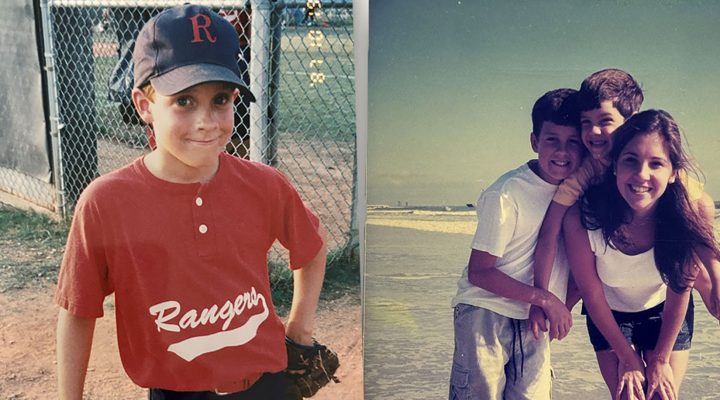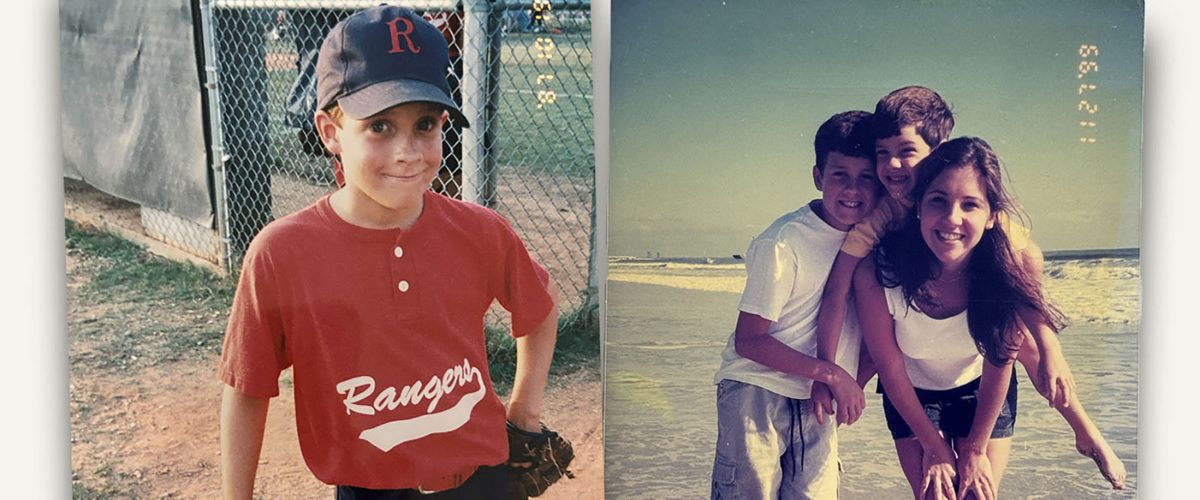In the latest edition of the Virginia Quarterly Review, former K-Kountry camper Wilson Sims writes about his experience as a camper who escaped abuse at the hands of serial sex abuser, Peter Newman. His essay helps readers dive into a firsthand experience of childhood vulnerability, showing how feelings of confusion, validation and spiritual awakening often co-mingle with experiences of grooming.
Newman is known for sexually abusing boys at Kanakuk Kamps in Missouri until he confessed to the abuse in 2009, despite camp leadership allegedly having knowledge of the abuse for years. As Sims describes, Newman was idolized and beloved by seemingly everyone at camp, giving him a faux celebrity status among campers. This made it easier for him to access and gain the trust of children he wanted to abuse because his attention felt special and important.
Because he abused numerous children through his position at Kanakuk, Newman is currently in prison serving two life sentences plus 30 years. He recently was denied his first opportunity for parole after survivors and activists protested it.
In his prose-style essay, “Nothing to Nine and Back,” Sims tells the story of how Newman groomed him, behavior that would have escalated to abuse if his family hadn’t moved during his childhood, ending his summers at Kanakuk and Newman’s access to him.
He also tells how different life factors, such as his relationships with other adults prior to meeting Newman, influenced how he interpreted their relationship while he was being groomed. Sims’ narrative pays homage to the sociological connection between household dysfunction and susceptibility to abuse, and he considers what family relationships look like in hindsight of experiences like the ones he had.
Most poignantly, he describes how the individual attention Newman gave him as a child made him feel important in comparison to other relationships he had at the time.
He writes from the perspective of his child self: “What I know is Pete is important, and he’s holy, and he’s fun. What I know is it’s never before been fun to be holy, or important to be me.”
And under the shadow of these affirmations given by a spiritual leader, 9-year-old Sims didn’t see how Newman’s behaviors — which included showering with the kids or sneaking into cabins to take Sims on late-night adventures, behaviors cited in the multiple lawsuits against Kanakuk by survivors regarding this abuse — were inappropriate.
Sims’ artfully moving piece — an absolutely worthwhile read — is not the first time he’s spoken out about his K-Kountry experience. He was one of the few people who allowed Nancy French to name him in her very first article exposing the camp for serial abuse.
He’s also written a few other prose-style essays, and been featured on NPR’s Think podcast. Readers can check out his story further on his website.
Mallory Challis is a master of divinity student at Wake Forest University School of Divinity. She is a former Clemons Fellow with BNG.
Related articles:
Kanakuk sex abuser Pete Newman denied parole
Notes from the abused at Kamp Kanakuk: ‘You know what Satan is doing, but you still let him in’



